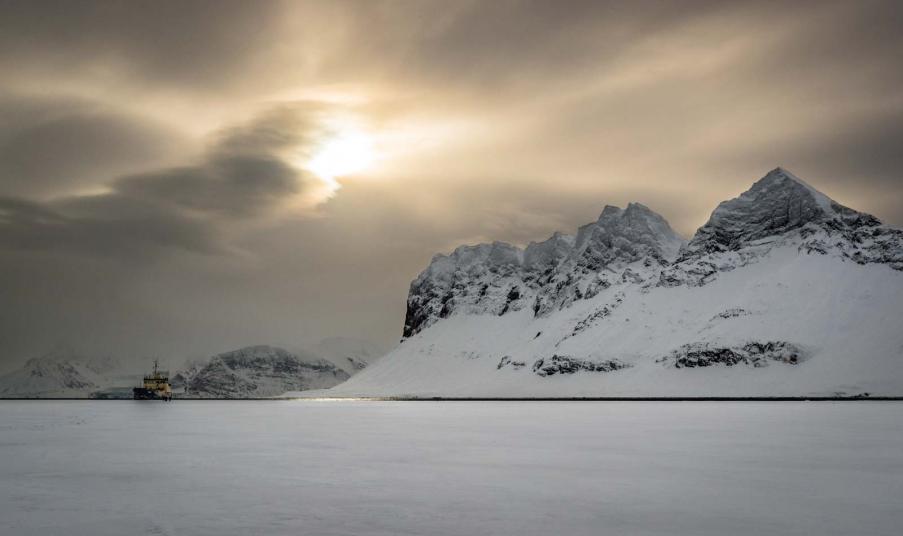Unveiling the Cultural Heritage of the Arctic: Indigenous Knowledge and Traditions
The Arctic, a region of immense cultural significance, is home to various indigenous communities with unique traditions and knowledge systems. Preserving and celebrating Arctic cultural heritage is crucial in the face of environmental and social changes. This article delves into the rich cultural heritage of the Arctic, exploring indigenous knowledge systems, cultural practices, languages, resilience, and the importance of cultural exchange and collaboration.

Indigenous Knowledge Systems:
- Arctic indigenous communities possess a deep connection with their natural environment, gaining knowledge through generations of experience.
- Indigenous knowledge is passed down orally, through storytelling, and cultural practices, embodying a holistic understanding of the Arctic ecosystem.
- Traditional ecological knowledge includes hunting, fishing, and navigation techniques, reflecting centuries of adaptation and survival in the Arctic.
Cultural Practices And Traditions:
- Arctic indigenous communities have diverse cultural practices and traditions that reflect their unique identities.
- Traditional arts and crafts, such as clothing, jewelry, and carvings, showcase the artistic expression of each community.
- Traditional music, dance, and storytelling serve as ways of preserving cultural identity and sharing knowledge across generations.
Language And Dialects:
- Arctic indigenous languages are vital vehicles for cultural expression and knowledge transmission.
- Globalization and language loss pose challenges to the survival of indigenous languages.
- Efforts are underway to revitalize and preserve indigenous languages through education, language programs, and community initiatives.
Resilience And Adaptation:
- Arctic indigenous communities have demonstrated remarkable resilience and adaptation to the harsh Arctic environment over centuries.
- Traditional knowledge and practices have enabled communities to survive and thrive in extreme conditions.
- Indigenous knowledge plays a crucial role in addressing contemporary challenges, such as climate change and food security.
Cultural Exchange And Collaboration:
- Cultural exchange and collaboration between Arctic indigenous communities and researchers, policymakers, and other stakeholders are essential.
- Successful partnerships have resulted in the recognition and incorporation of indigenous knowledge into decision-making processes.
- Ongoing dialogue and mutual respect are necessary to ensure the preservation and revitalization of Arctic cultural heritage.
The Arctic cultural heritage, embodied in indigenous knowledge systems, cultural practices, languages, resilience, and collaboration, holds immense significance for global cultural diversity. Preserving, celebrating, and incorporating indigenous knowledge into contemporary society is crucial for a more inclusive and sustainable future. Respecting and valuing the contributions of Arctic indigenous communities to global cultural heritage is a collective responsibility.
YesNo

Leave a Reply